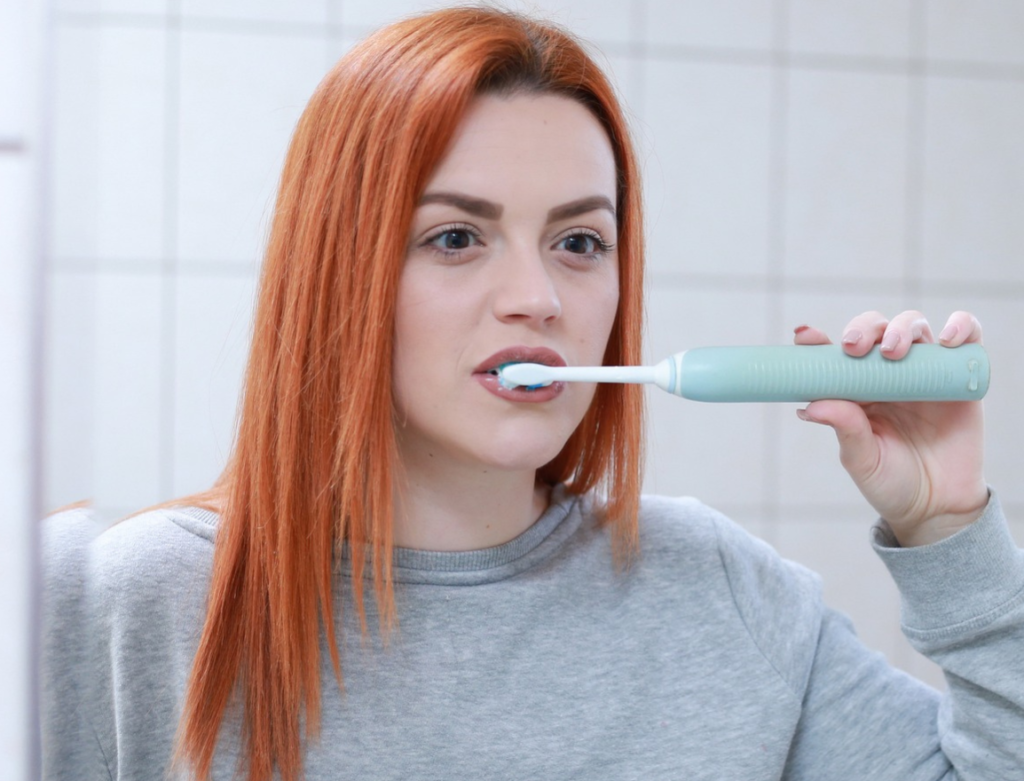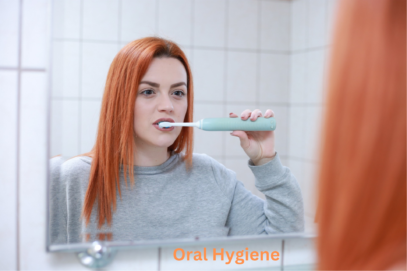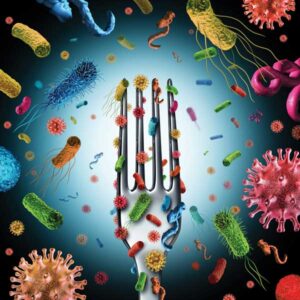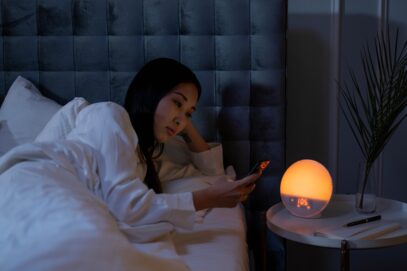How long should you be brushing your teeth?

When it comes to taking care of our teeth, there are some common misconceptions that can lead to unintended harm. Even if you follow a routine of brushing twice daily, using mouthwash, and flossing, you might still be making mistakes that affect your oral health without even realizing it.
How Long Should You Brush Your Teeth?
There’s an optimal duration for brushing your teeth. Advise from doctor is that,two minutes is the ideal timeframe, split into 30 seconds for each quarter of your mouth, whether you’re using an electric or manual tootoothbrush. However, many of us brush our teeth when we’re groggy and not paying much attention, so it’s crucial to keep track of the time to avoid over-brushing.
Over-brushing can lead to problems, not just with enamel wear but also gum wear. Doctors warns that excessive brushing can cause deficiencies in the teeth, leading to sensitivity and weakened tooth structure.
Top Teeth Brushing Mistakes to Avoid
Brushing with Baking Soda
Using baking soda for tooth whitening is a popular hack, but it’s important to exercise caution. Baking soda is mildly abrasive and can help lift stains, but excessive use can damage your teeth. recommendation using baking soda occasionally alongside your regular fluoride toothpaste to minimize any potential harm.
Rinsing After Brushing
Contrary to common practice, rinsing your mouth immediately after brushing is counterproductive. It washes away the fluoride in your toothpaste, which helps strengthen enamel, reverse tooth decay, and promote teeth whitening. Instead, Doctor advises spitting out excess toothpaste without rinsing to maximize the benefits.
Brushing Only Once a Day
While you may think you know how often to brush, research shows that one in four people in the UK brushes only once a day. Emphasize the importance of brushing twice daily to prevent plaque buildup, cavities, and gum disease.
Brushing Too Hard
Using excessive pressure while brushing can damage enamel and cause gum recession.Investing in a quality electric toothbrush that alerts you when you’re applying too much pressure is recommended.
Expecting Brushing Alone to Whiten Teeth
Brushing alone won’t give you pearly white teeth. To achieve whiter teeth, hydrogen peroxide is essential, but many over-the-counter toothpaste brands lack sufficient levels of it. Consult a dentist for options like hygienist appointments, home whitening, or in-chair whitening.
Brushing with Coconut Oil
Oil pulling, a trend aimed at reducing bacteria and whitening teeth, should complement, not replace, regular brushing and flossing. It’s essential to maintain a comprehensive oral hygiene routine and monitor any potential enamel erosion with a dentist’s guidance.
Brushing Immediately After Eating
Brushing immediately after meals, especially acidic ones, can weaken enamel. Wait for 30 minutes after eating to allow saliva to balance pH, remineralize teeth, and prevent cavities and gum disease.
Neglecting to Replace Your Toothbrush
Changing your toothbrush or electric toothbrush head every three to four months is crucial to prevent bacterial buildup. Replace it sooner if you notice splayed or worn-out bristles or if you’ve been ill to avoid harboring germs.
In summary, maintaining proper dental hygiene involves more than just brushing your teeth. Avoid these common mistakes, and consult with a dentist for personalized advice on achieving and maintaining a healthy smile.



